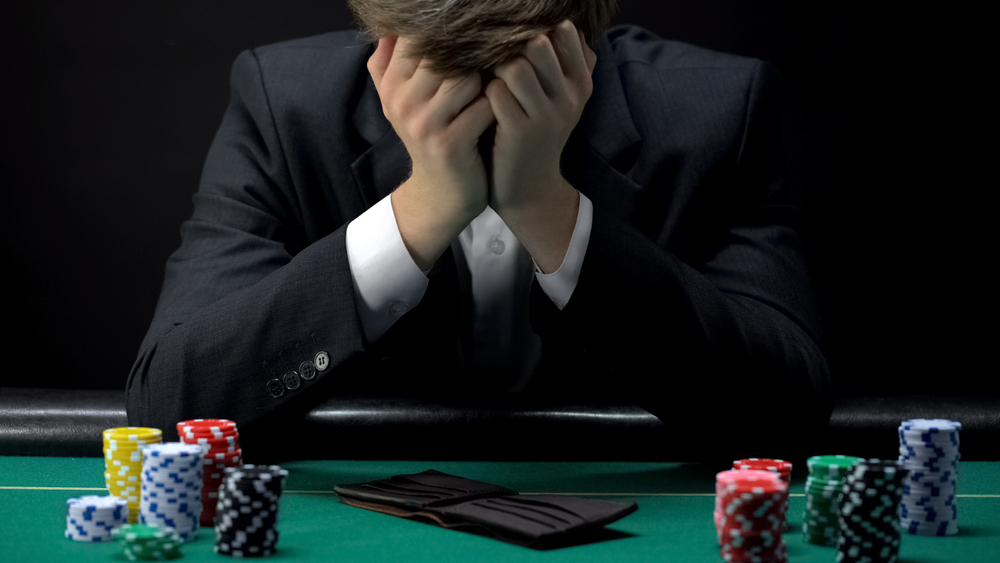
How to alter your habits when you gamble
When you realize that you might be a problem gambler, you might experience feelings of guilt and shame. Self-hatred and self-harm can lead to more stress and more gambling. Instead, ask for assistance so that you can improve your life. There are several things you can do if gambling is causing issues in your life to stop it from becoming a problem.
Approaches to change
Keep a gaming journal;
- this will enable you to comprehend your issue better.
- Include the game you play, how long you play, and how much you wager.
- You can start to comprehend the reasons why people gamble by recording the thoughts, emotions, and circumstances that arise before and throughout a gaming session.
- Establish goals.
- Setting both short-term and long-term goals will help you stay motivated and clear-headed while you consider reducing or quitting gambling.
- Avoid putting yourself in high-risk circumstances, such as using credit cards, taking out loans, carrying a lot of cash, going to gaming establishments to socialize, or gambling out of emotion.
- These actions will make it harder for you to curb or quit your gambling.
- Recognize your accomplishments and practice self-kindness.
- To help you remember your qualities and strengths, put them down in writing.
- Find alternatives to gambling; many people continue to gamble because they lack other leisure activities.
- Discover new hobbies and pastimes.
Voluntarily excluding oneself
You can participate in a program called “voluntary self-exclusion” if you want to prevent yourself from gambling at a particular location. You choose the locations you don’t wish to enter and sign a contract promising not to utilize the gaming places there.
If you do enter, the agreement provides such venues the right to eject you. There are three of these programs available: for Crown Casino, TABs, and licensed hotels and clubs. These applications are free.
You don’t need to accomplish it by yourself
Get assistance from someone. Don’t let this deter you. Even if you have major problems brought on by gambling, having a support person makes it simpler to do it. Discuss your gambling issues with a trusted friend or family member who won’t pass judgment.
This individual could be a partner, parent, or friend. Numerous organizations provide expert counseling, advice, and support. The stress and mental suffering that drive you to gamble can be reduced by opening out to someone.
Gamblers’ Aid
People who are impacted by gambling can receive free assistance from Gambler’s Help. In Victoria, there are services for problem gamblers that offer the following:
- For those for whom gambling is a problem, free, reputable, and private counseling is available.
- Counseling for loved ones and friends of those who struggle with gambling
- Financial counseling for those with money issues related to gambling
- Suggestions for self-exclusion initiatives and other forms of support
- Communities can lessen the harmful impacts of gambling by educating its members.
Discuss lying
Problem gamblers frequently find themselves concealing their gambling from those around them. This is reasonable because some of the things that problem gamblers do to maintain their gaming, such as borrowing money from finance companies or taking cash from a child’s money box, are difficult to explain to a partner, family member, or friend.
People who make up debts from gambling may attempt to gamble their way out of debt in order to avoid having to “come clean.” They typically end up in deeper debt as a result. Making a trustworthy person aware of your gambling can remove pressure and give you the space you need to create a more thorough recovery strategy.
It’s challenging to kick the lying habit. Your support person will be unable to assist you if it occurs to them since they won’t believe what you say. You should discuss this and make a plan for coping with it with your assistant.
Unwind and take care of yourself
Giving up can make you feel anxious and irritable if you’ve been gambling for hours every week. When you visit the locations where you gambled, or if you drive by a TAB or casino on your way to work, you can feel much worse.
You can achieve your aim of lowering or quitting gambling by developing relaxation skills, getting lots of rest, and eating healthily. You might find that a counselor can assist you with your tactics, which might include:
- Muscular relaxation training
- Exercise
- Sport
- Yoga
- Meditation.
lapses and setbacks
Frequently, you can anticipate when problem gambling will resurface. When you are going through difficult circumstances in other areas of your life that cause you to feel nervous, unhappy, angry, or depressed, you are more prone to lose control. You might feel the need to borrow money and revert to your previous behavior.
A lapse does not require you to resume gambling. Instead, take advantage of the gap to discover more about your gambling triggers. Consider what aspects of your plan worked and what didn’t, and make changes as necessary.
How to handle a gambling urge
The following are helpful techniques to use if you decide to gamble again or feel inclined to do so:
- Speak with your supporter.
- In your gaming journal, record your thoughts and deeds. If you gambled, consider what transpired and try to find strategies to avoid it in the future. Consider the good things as well. Do monetary restrictions work? Did you discover it was simpler to talk about it than to tell lies? These are significant advancements. The next time, handling it will be simpler.
- Manage your finances. For further information, refer to the Better Health Channel fact sheet titled “Gambling – Financial Issues.”
- Fill the void created by gambling with fresh activities.